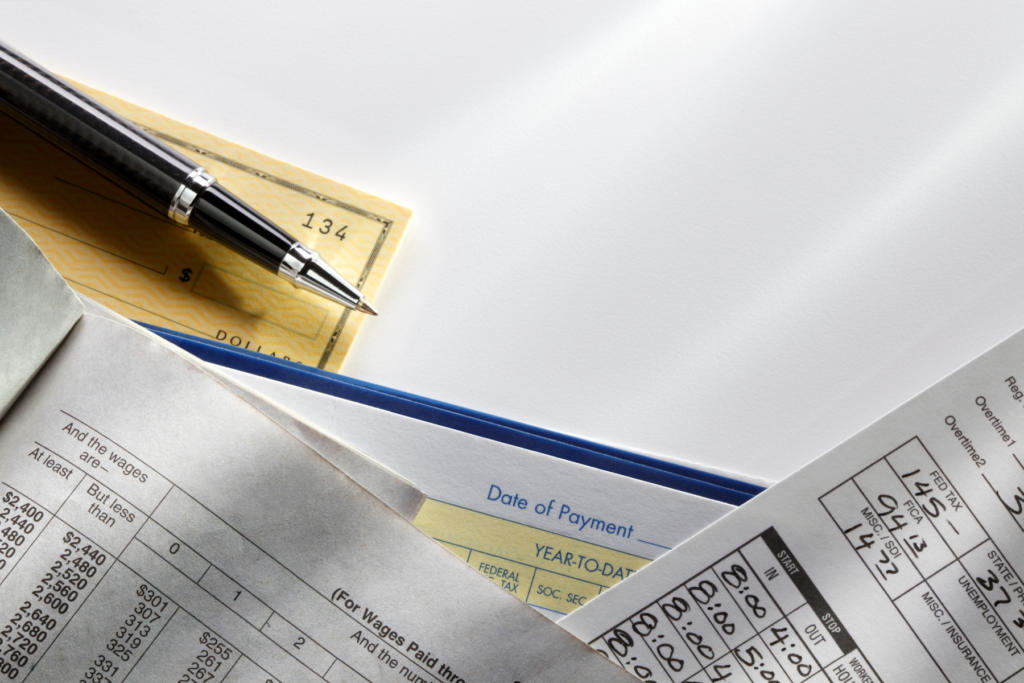Effective from today: Family and Domestic Violence Leave will apply to small businesses

The entitlement to 10 days of paid family and domestic violence leave (FDV Leave) has now been extended to small business. Effective from 1 August 2023, small businesses must ensure that they are complying with their obligation to provide up to 10 days paid FDV Leave to their employees (as opposed to the previous 5 days).
Who is entitled to the FDV Leave?
FDV Leave is available to all employees who are experiencing family and domestic violence, who need to do something to deal with the impacts of that family and domestic violence, and find it impractical for them to do so outside of their work hours.
Family and domestic violence is defined in the Act as ‘violent, threatening or other abusive behaviour by a close relative of an employee that seeks to coerce or control the employee; and causes the employee harm or to be fearful’.
Examples given in the Act of circumstances an employee may be entitled to take FDV leave include:
- arranging for the safety of themselves or a close relative (e.g. relocating);
- attending court hearings; or
- attending medical, legal, or financial appointments.
When do employees become entitled to the leave?
All employees, including casuals, are entitled to 10 days of FDV Leave immediately upon commencement, and resets on an annual basis. That is to say the entitlement does not accrue, and it does not accumulate from year to year.
Importantly, the leave entitlement resets on an employee’s work anniversary. For example:
| Ken receives the ten-day entitlement on 1 August 2023. He was originally employed on 1 September 2022. Ken would be entitled to receive 10 days of paid FDV leave on 1 August 2023, and his entitlement would be renewed on 1 September 2023, despite only 1 month having passed since first receiving the 10-day entitlement. Ken’s ten-day entitlement would then renew on 1 September each year. |
What are the evidence requirements for taking the leave?
Notice and evidence requirements for accessing the leave entitlement remain the same. Affected employees must let their employer know as soon as possible that they wish to take FDV Leave, which can be after the leave has started.
Employers can request evidence that the employee ‘needs to do something to deal with the impacts of FDV’ and that, ‘it is not practical to do that outside of their hours of work’. For example, this evidence could be information regarding court proceedings, evidence of a medical appointment, or a statutory declaration.
Any evidence collected by the employer must be kept strictly confidential – consider who needs to see the information and ensure no other employees will have access to it. Similarly, managers should be trained in how to address an employee’s absence whilst on FDV leave so they do not inadvertently disclose personal matters to other staff, creating further risk to the employee.
How should the leave be paid?
Employees are entitled to take the leave at their full pay rate for the hours they would have worked if they had not been on leave. This will include any loadings, penalties, or allowances. For casual employees, employers should pay the leave at the full pay rate for hours they were rostered on for, but instead took FDV Leave.
Pay slip requirements
There are important pay slip requirements that employers must strictly adhere to regarding FDV Leave. Pay slips must not mention FDV Leave, including balances or leave taken. This is to safeguard employees where the perpetrators of violence may have access to information such as pay slips. Notwithstanding this, employers must keep a record of FDV leave taken and balances.
If you have a question about family and domestic violence leave, or wish to ensure you understand the changes, please call NRA Legal on 1800 572 679.
Contact our team today






